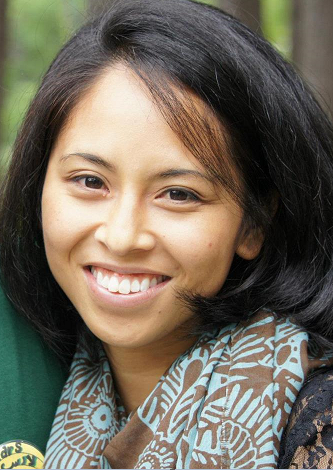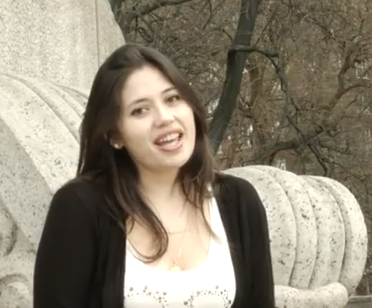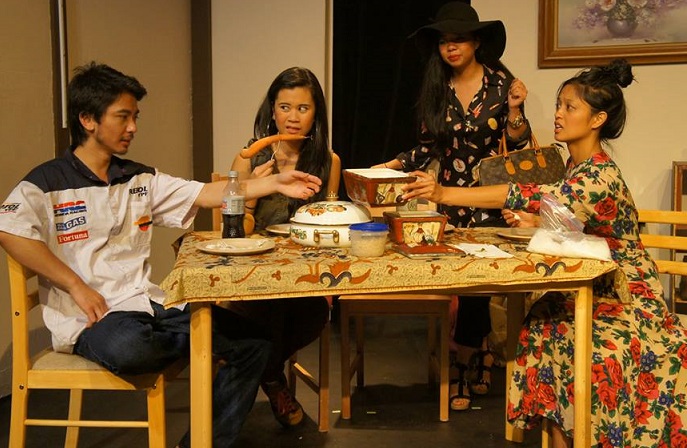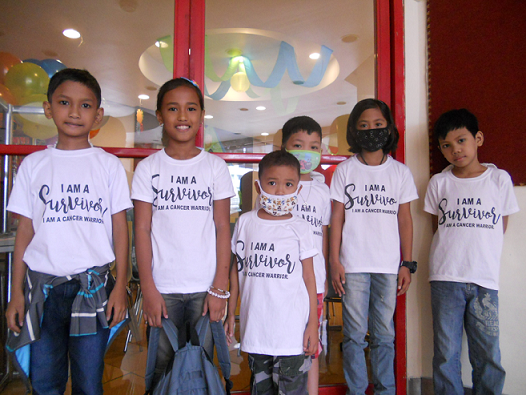Biracial FilAms reflect on race and Blackness
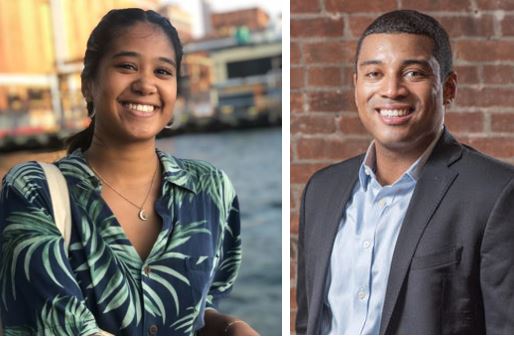
By Cristina DC Pastor
Ayana Owens experienced racism at an early age when her family entered a Cracker Barrel restaurant in Pennsylvania and overheard customers asking not be seated near them. She remembered another bitter memory when kids in her Baltimore neighborhood taunted her to “go home to China” because they didn’t want to play with her. This, even though her African American father, Floyd Owens, was very much a part of the community, then working as a Transportation Planner with the Maryland Department of Environment.

In the wake of the George Floyd killing by a police officer in Minneapolis, 28-year-old Ayana, a graphic designer who now lives in Brooklyn, and some biracial Filipinos are being forced to examine what their identity means to them. They realize that the issue of race has become more complex over the years. That race is no longer just a matter of denying individuals certain rights because of the color of their skin, but that systemic racism has led to individuals being killed by those who wield social and political power.
“I was in elementary school when I learned for the first time that my dad was Black because my teacher asked me about it,” recalled Ayana when interviewed by The FilAm. “I was so confused that I went home and asked my parents, and my mind was blown.”
Growing up, race was never discussed in the Owens household. She said, “All my life I identified my father as my dad, his side of the family as my cousins, uncles and aunties; my mother as my mom, her side of the family as my Kuyas, Ates, Titos, and Titas.” (Her mother, Bella Santos Owens, sits on the board of a Baltimore non-profit advocating for victims of domestic violence, sexual assault and sex trafficking.)
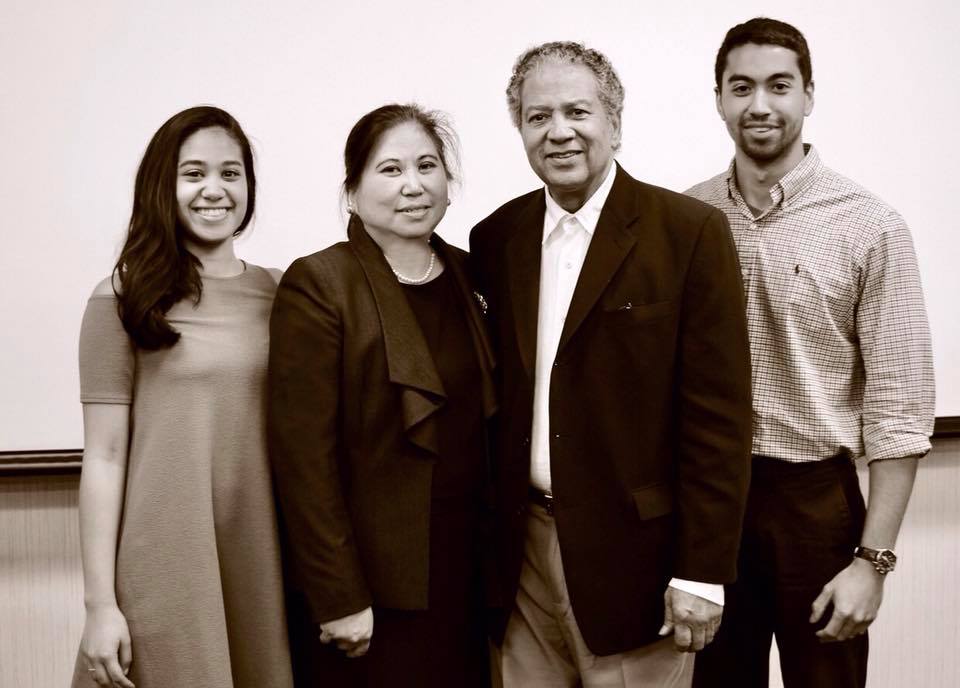
As children, the only way Ayana and her siblings dealt with racial slurs was to ignore them. As they grew into adulthood, the family began to open up more and share their thoughts, especially since new partners who are neither Filipino nor Black have been welcomed into the family. Ayana’s partner, for instance, is white.
“My partner and I have been participating in some of the peaceful protests in our neighborhood from a bit of a distance since there is still a global pandemic,” she said. While she has not seen the “horrible” video of policeman Derek Chauvin kneeling on Floyd’s neck until he passed on, she has expressed her opinion that the assailants “need to be brought to justice.”
She said the message of Black Lives Matter resonates within her, and that violence against Black people need to end.
“I still struggle with my sense of identity, and I have for a long time. I know that I am a Filipino and that I am Black but I’ve always felt disproportionate with how those two balance within me. I don’t feel that I have had the real opportunity to fully experience my Black or Filipino heritage and deeply wish I had sooner in my life,” she lamented.
Antoine Savage: ‘The whitest black guy’
Fredrik Antoine Savage – the son of investment banker Frank Savage and international artist Lolita Valderrama Savage – views race from the prism of a privileged upbringing. Although he has circulated mainly within “social settings that were devoid of frequent racial bias,” the George Floyd killing affected him deeply.
“I have been overcome by a broad spectrum of emotions (by the Floyd killing),” he said in an interview with The FilAm.
He has not joined protests fearful they would turn violent “due to lack of universal organization and strategic leadership.” Instead, he opened a GoFundMe campaign to benefit the National Association for the Advancement of Colored People Foundation during, he said, “this tumultuous, and challenging time for America.”
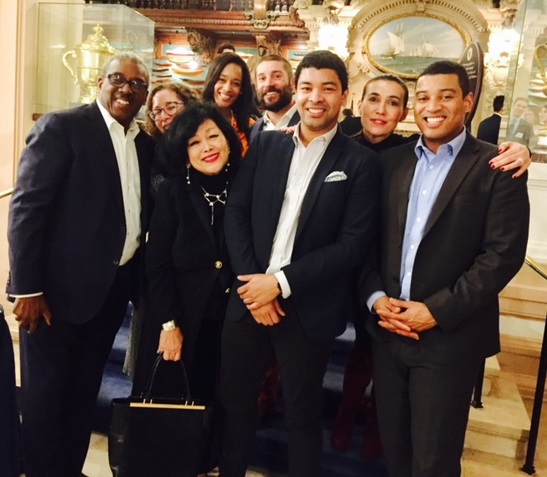
As an Asian American and an African American, Antoine felt he has been “dually impacted” by the racial injustice stemming from COVID against the Asian community and the perpetual violence committed against Black people.
He has experienced all levels of bias as someone who lives in the South and works in Finance, he said. “Luckily, I am an idealist that tries to take the high road and transcend any racial bias that I may be subject to. I am aware that not all racially diverse people in this country have that luxury, however,” he said.
He remembers being raised by his parents in an affluent environment where everyone is regarded equally regardless of race, religion or gender and being Black did not trigger the need for racial profiling.
In Connecticut, “I was raised primarily around white kids in white neighborhoods going to white schools and taking vacations to places with a lot of white people,” he said. “My father and mother were able to put me in a setting where I did not think about skin color, because mine did not differentiate me from getting access to all the finer things that affluent white kids had.”
He continued: “I’ve been referred to as “the whitest black guy [I] know” simply because I dress in khakis and polos. I’ve had people go so far as to say, ‘You’re not really black, right?’ because I don’t act the way they perceive a black person to.”
“Coming from two self-made parents that suffered from poverty as kids, they only wanted the best for their kids and did not want them to ever experience any of the hardships they did. As a result, race did not come up as frequently as it would in other households.”
While “honored to be a walking poster child” representing the positive traits Black people can possess, he said he tries to “stay as resolute as possible and come up with constructive initiatives and solutions to drive the equality initiative forward.”
He believes Black Lives Matter is important and its message of ‘no to anti-Blackness’ should resonate at all times and not only when the country is in “extreme turmoil.”

© The FilAm 2020



